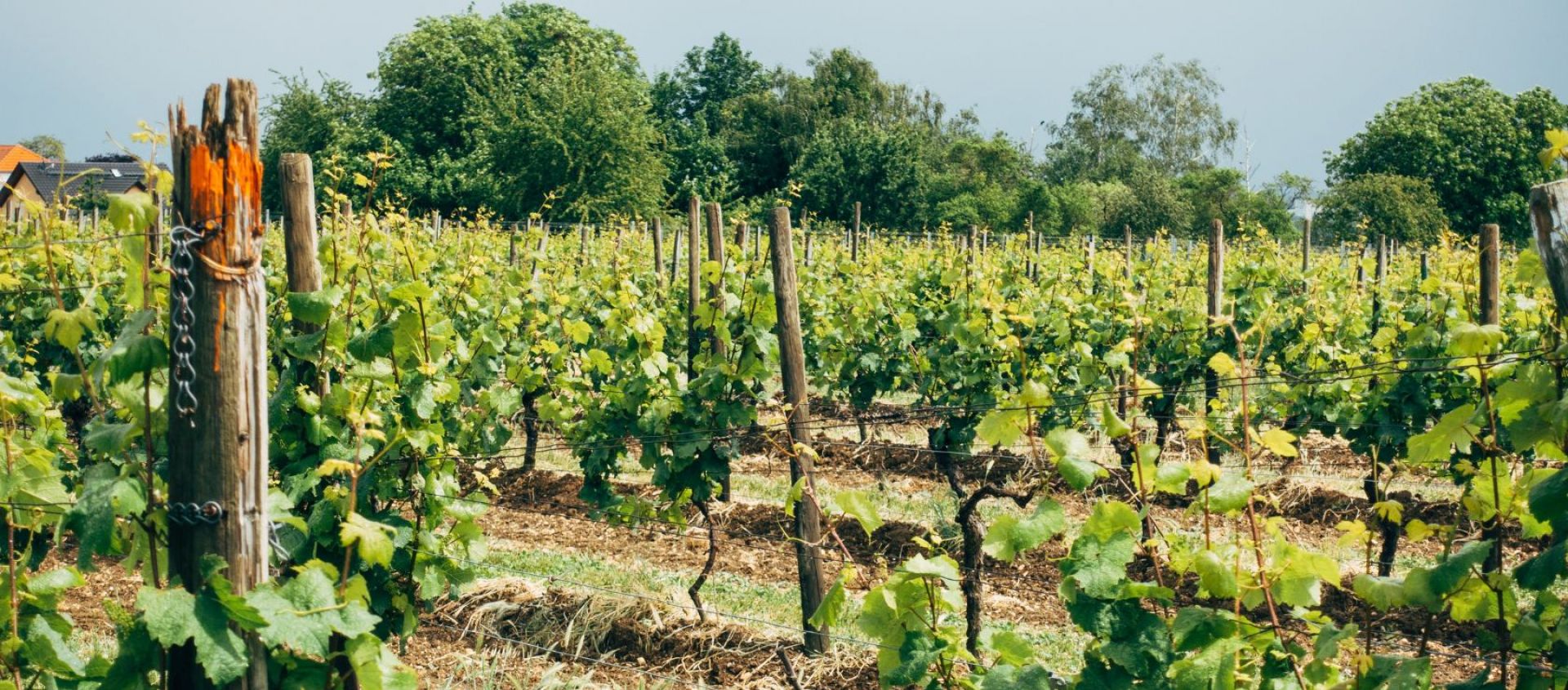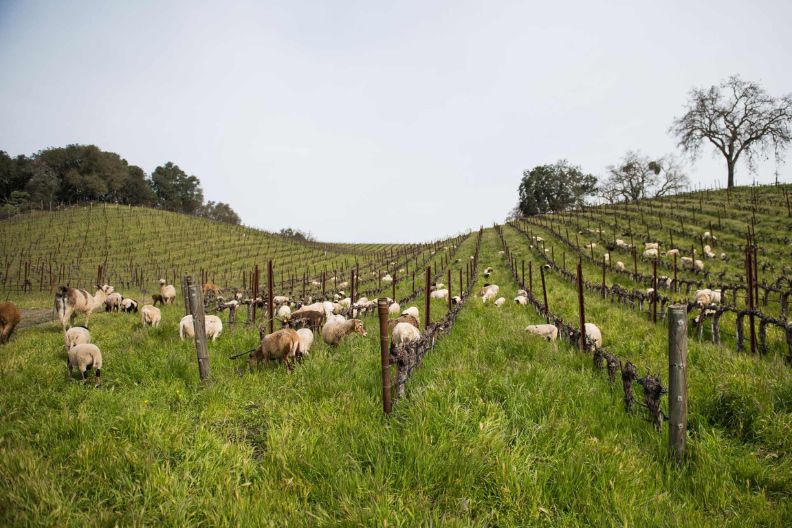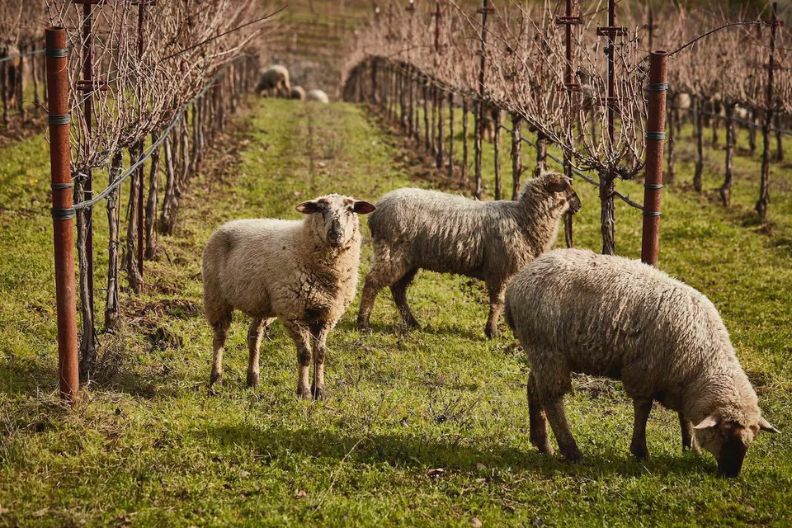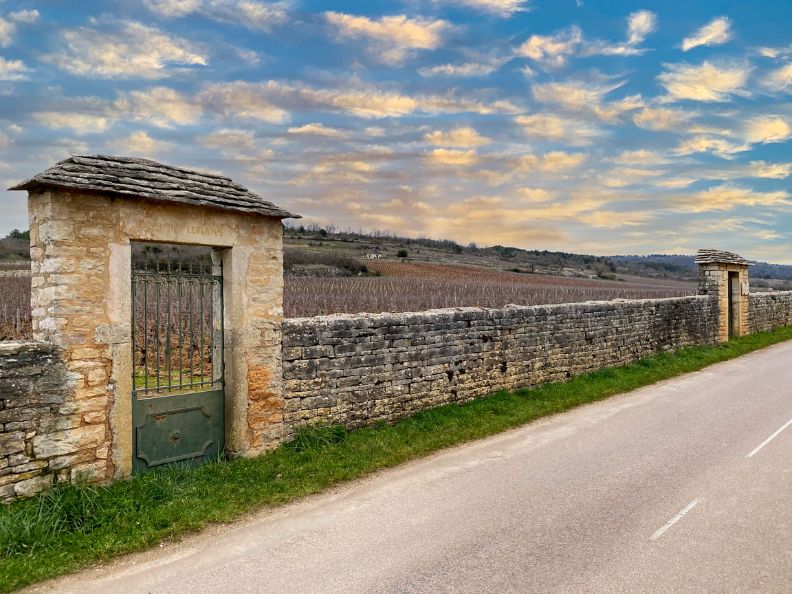
Insights
Sustainable Chardonnay
The Future of Wine Making
Wine-making is a centuries-old tradition that is deeply rooted in the history and culture of many countries around the world. However, with the increasing concerns about climate change and environmental degradation, the wine industry is also starting to take sustainability seriously. Sustainable Chardonnay is a new trend that is gaining momentum in the wine industry, and it is poised to change the way we make and consume wine.

What is Sustainable Chardonnay?
Sustainable Chardonnay is a type of wine that is made using sustainable farming practices. This means that the grapes used to make the wine are grown using environmentally friendly and socially responsible methods. Sustainable winemaking involves a range of practices, including reducing pesticide and herbicide use, conserving water, and promoting biodiversity.
The rise of sustainable Chardonnay is being driven by a growing awareness of the impact that wine-making can have on the environment. For example, wine production is known to be a significant source of greenhouse gas emissions, mainly due to the energy required for refrigeration and bottling. Additionally, winemaking can have negative impacts on soil health and biodiversity, which are crucial for maintaining healthy ecosystems.
[[relatedPurchasesItems-46]]
Why is Sustainable Chardonnay Important?
Sustainable Chardonnay is important because it is a way to address the environmental and social impacts of winemaking. By using sustainable farming practices, winemakers can reduce their environmental footprint and contribute to conserving natural resources. Additionally, sustainable winemaking can have positive social impacts by supporting local communities and promoting fair labor practices.
Another important aspect of sustainable Chardonnay is that it can lead to better-quality wine. Sustainable farming practices, such as reducing pesticide use, can lead to healthier grapes, which in turn can result in higher-quality wine. Additionally, sustainable winemaking can help to preserve the unique terroir of different regions, which is an important factor in the flavor and character of Chardonnay.
Examples of Sustainable Chardonnay Producers
There are a growing number of winemakers who are committed to sustainable Chardonnay production. Here are a few examples of sustainable Chardonnay producers that are leading the way:
1) Grgich Hills Estate
This Napa Valley winery has been committed to organic and biodynamic farming practices since the 1970s. Their Chardonnay is made using sustainable practices and is known for its balance and elegance.

2) Bonterra Vineyards
Located in Mendocino County, California, Bonterra Vineyards is a certified organic winery that produces a range of sustainable wines, including Chardonnay. Their wines are known for their rich flavors and smooth textures.

3) Domaine Leflaive
Based in Burgundy, France, Domaine Leflaive is a biodynamic winery that has been making sustainable Chardonnay since the early 2000s. Their wines are known for their purity, minerality and are highly sought after by wine connoisseurs.

Sustainable Chardonnay is a growing trend in the wine industry, and it is not hard to see why. By using sustainable farming practices, winemakers can reduce their environmental impact, support local communities, and produce higher-quality wine. If you are a fan of Chardonnay, consider trying a sustainable version next time. Not only will you be supporting a more environmentally friendly and socially responsible industry, but you may just discover a new favorite wine.
Header Image Source: Pexels
Become a USATT exhibitor and grow your distribution in the USA. Meet importers, distributors, retailers and press. Get exhibitor information here.


